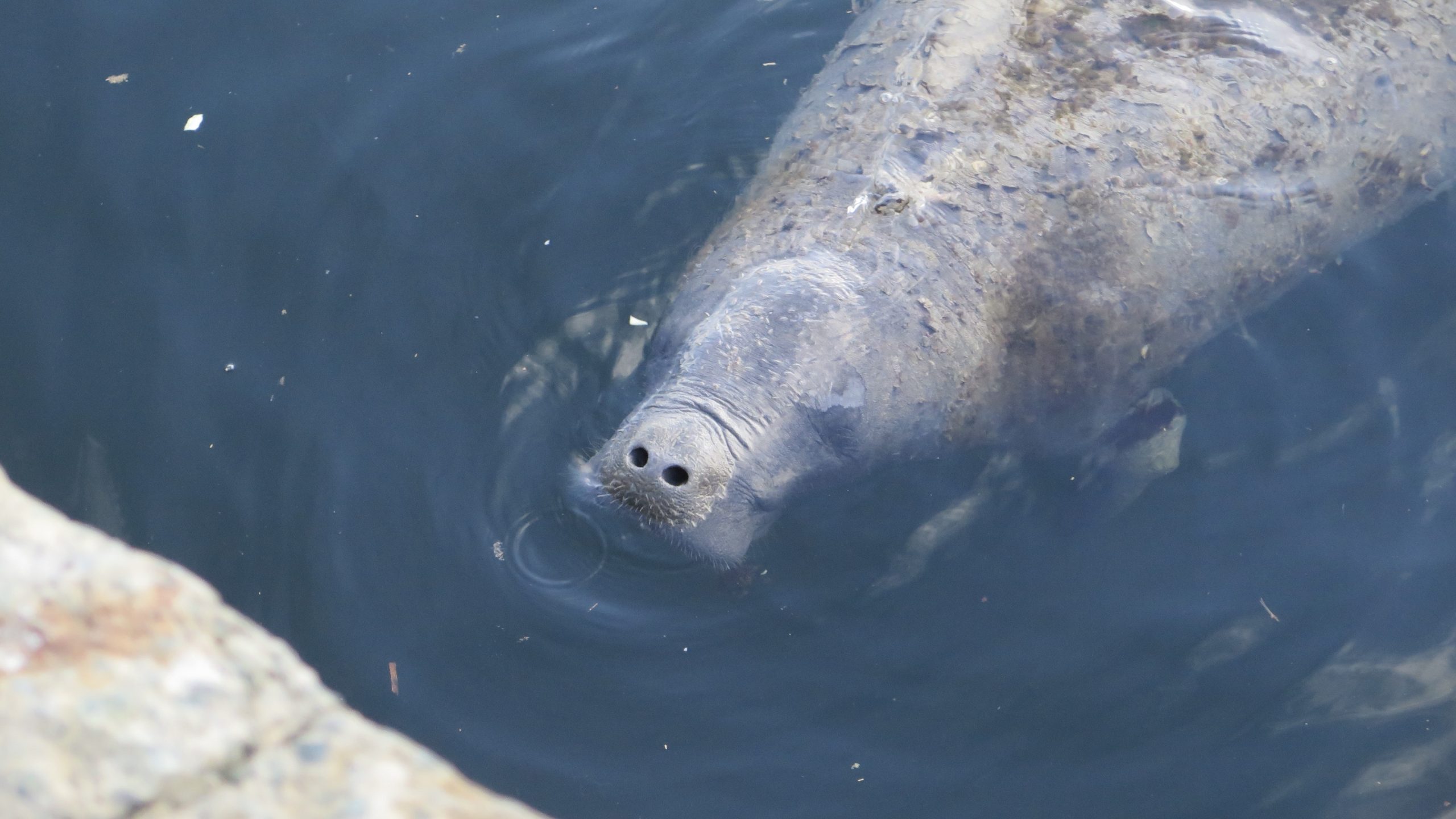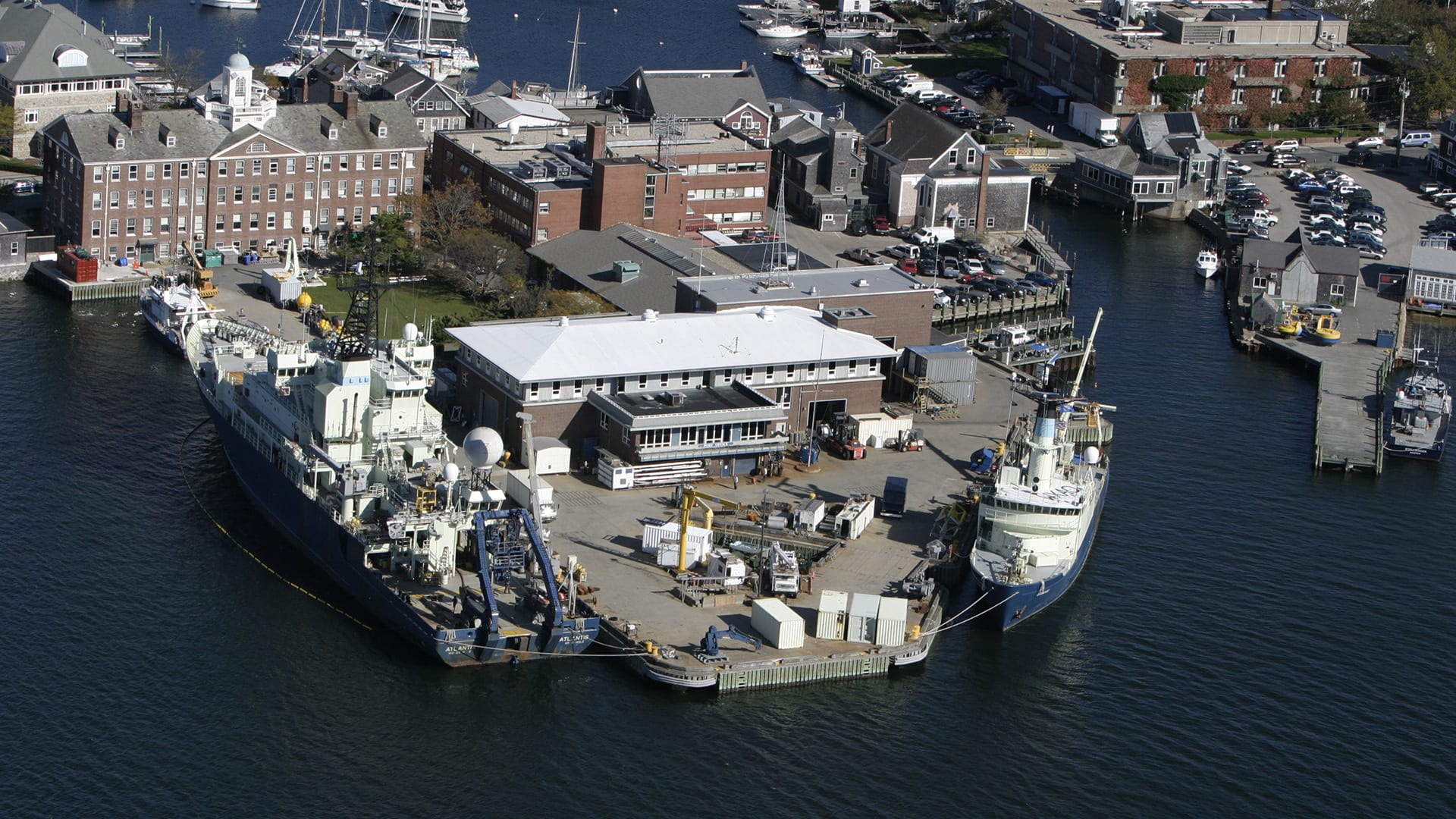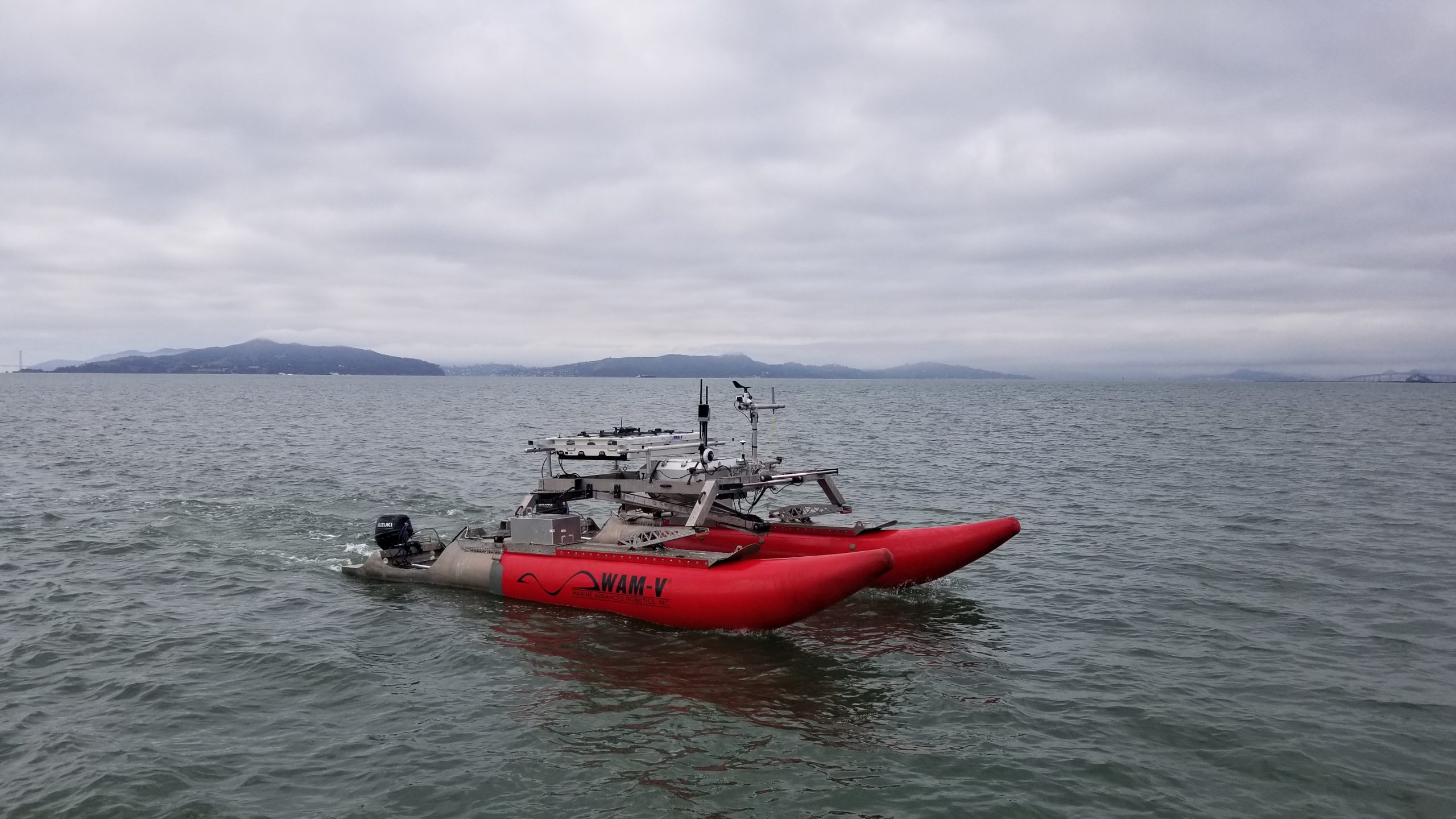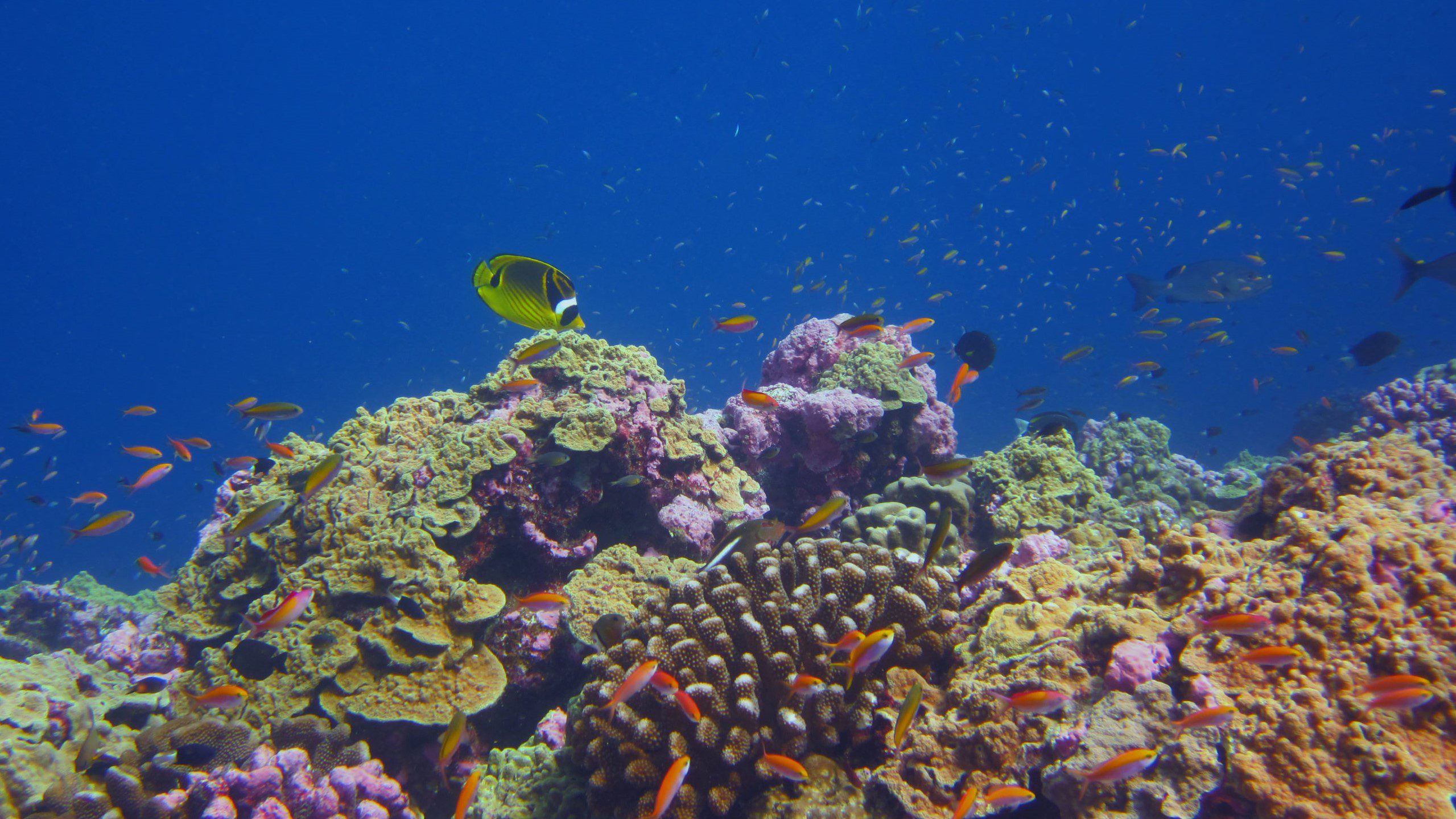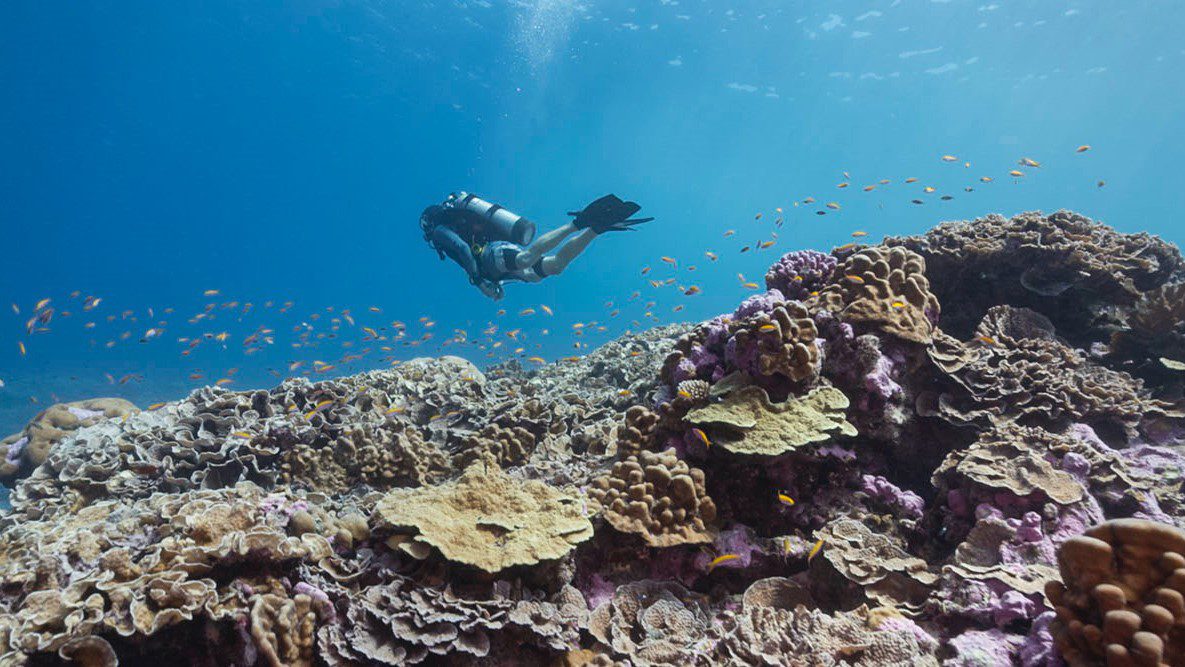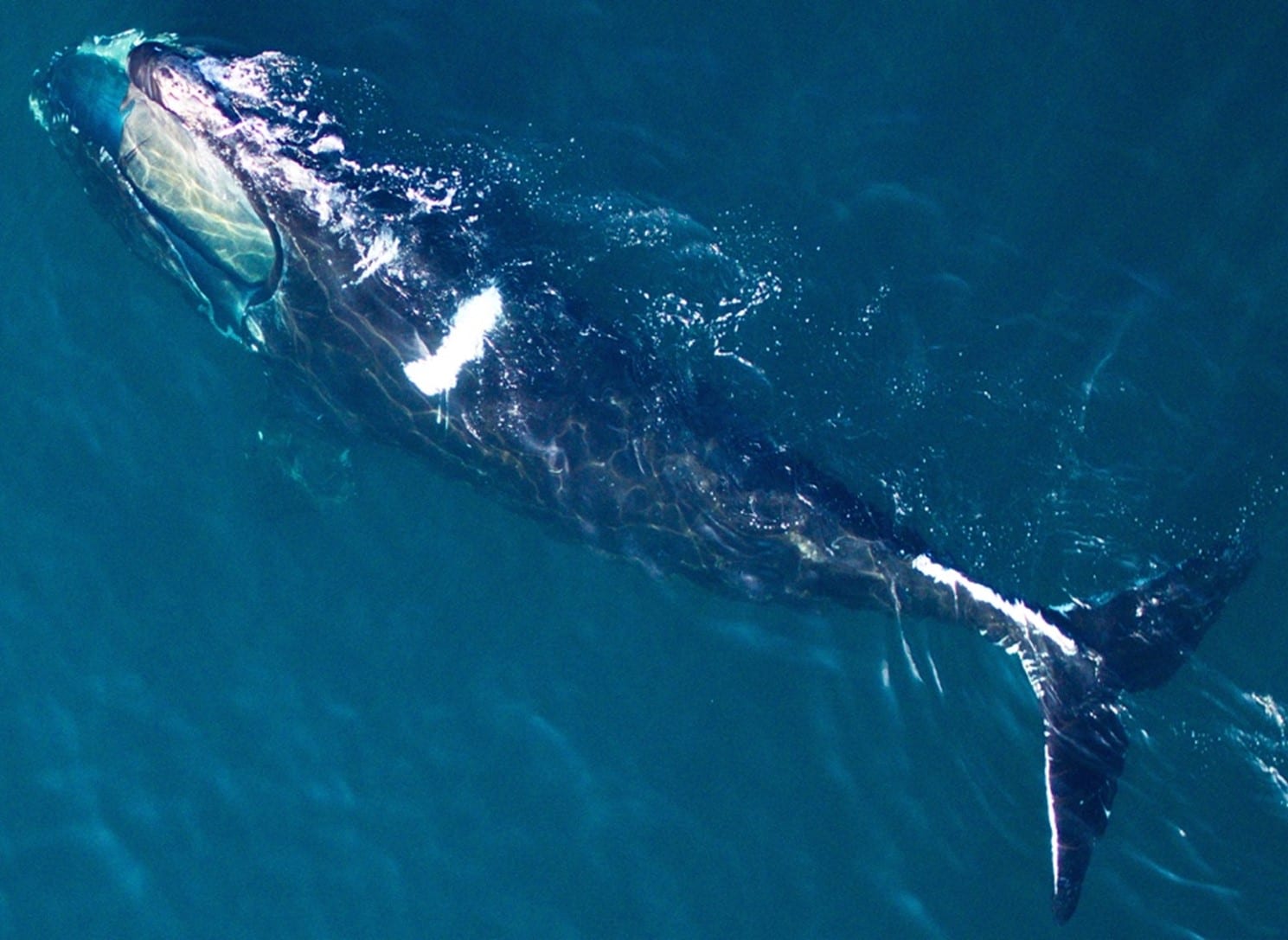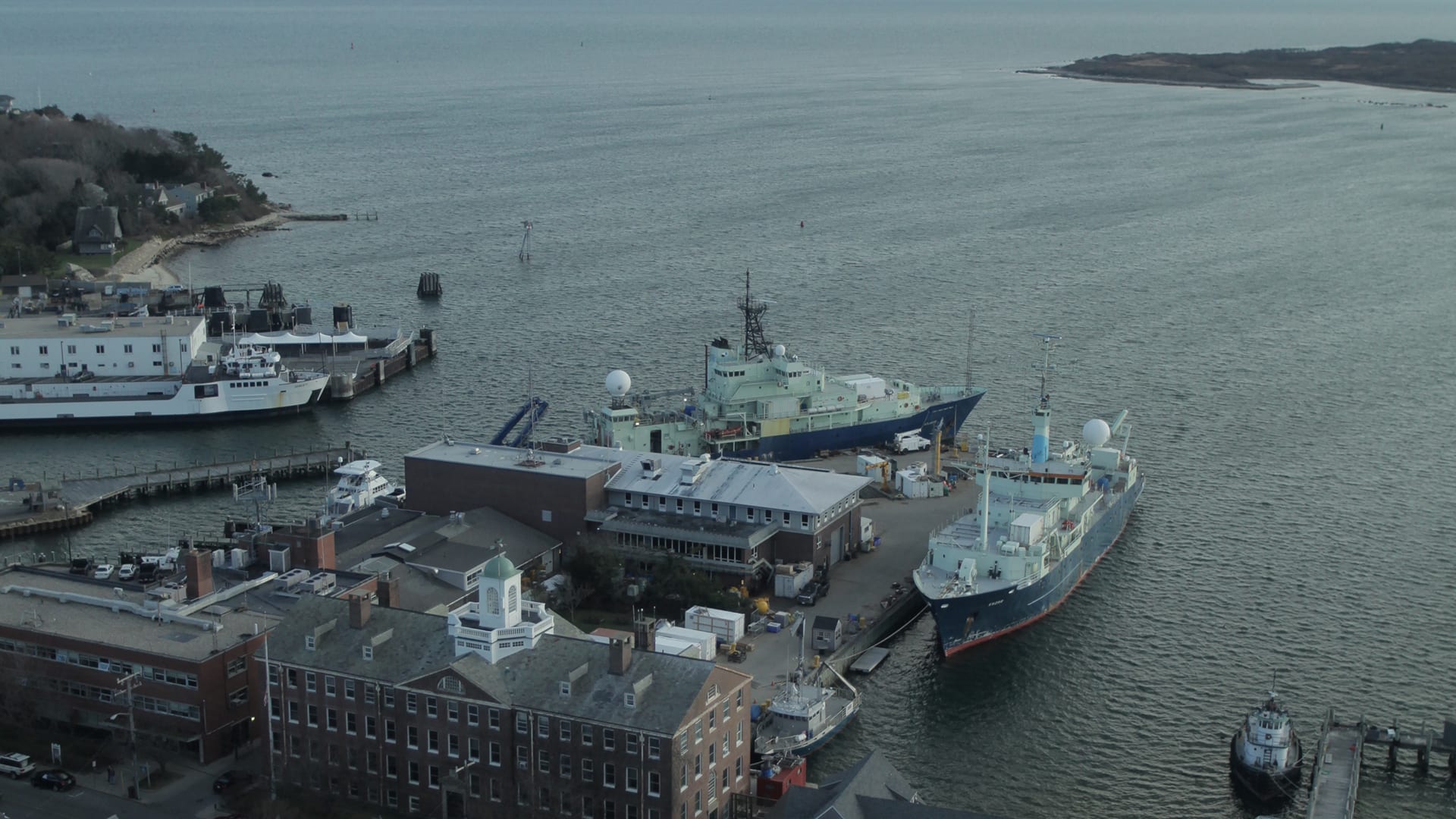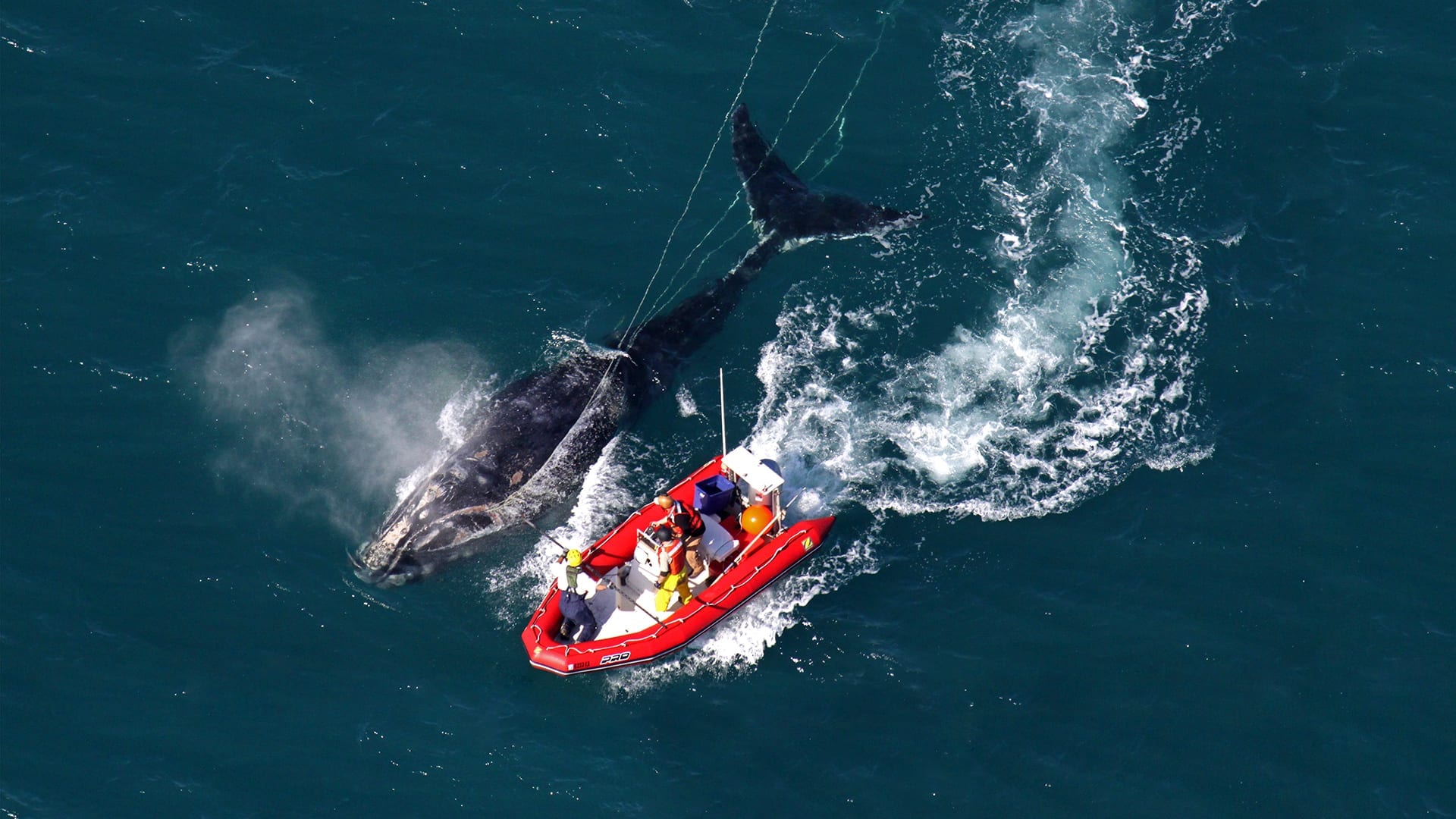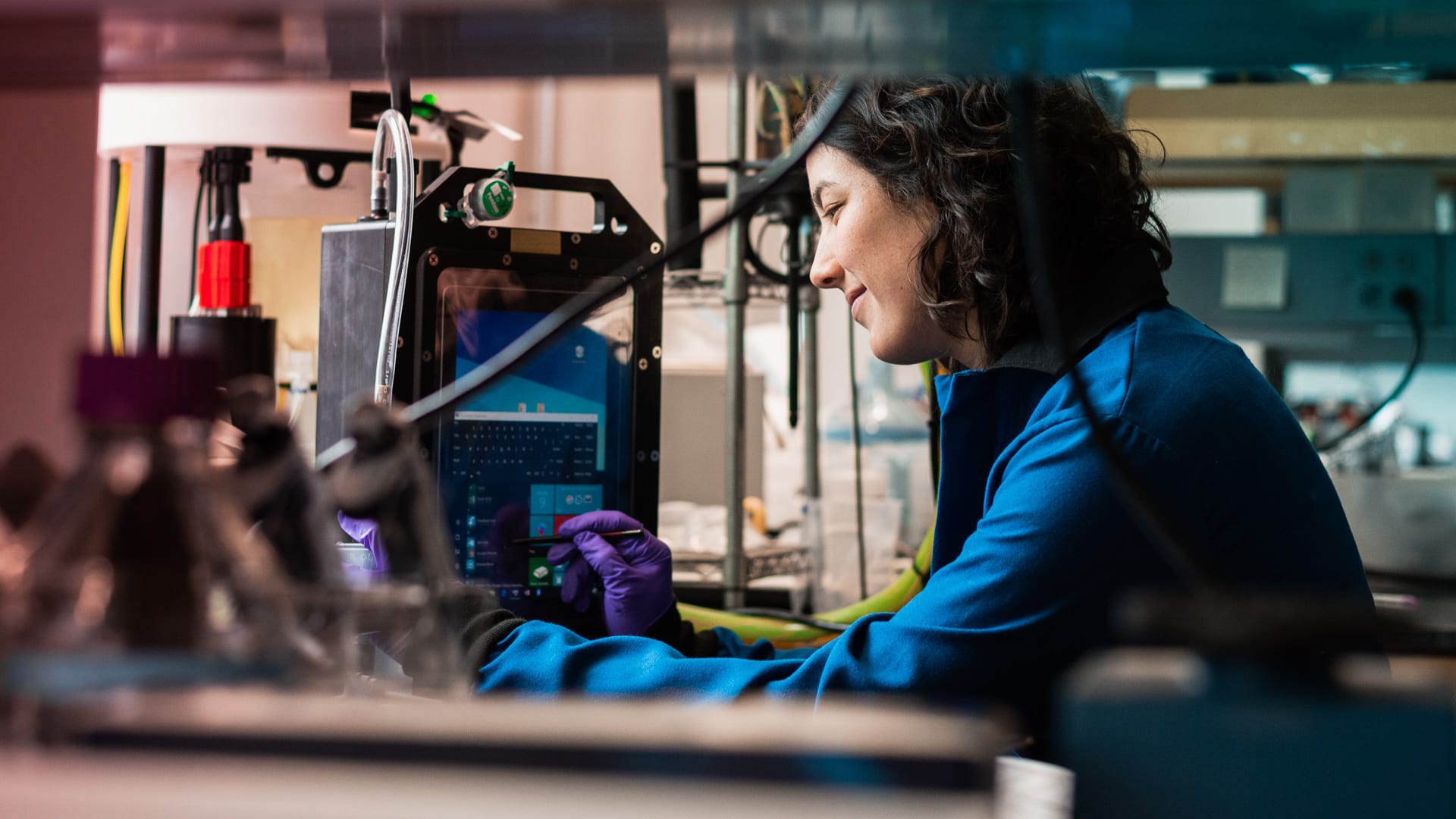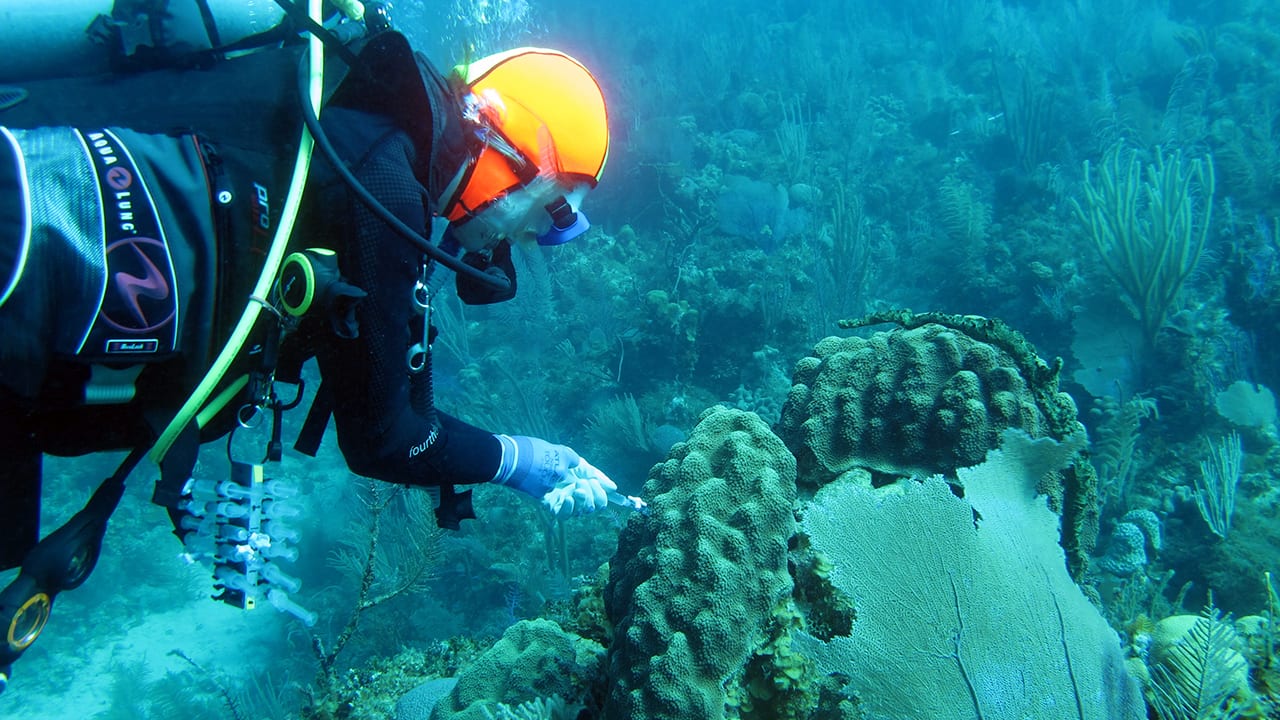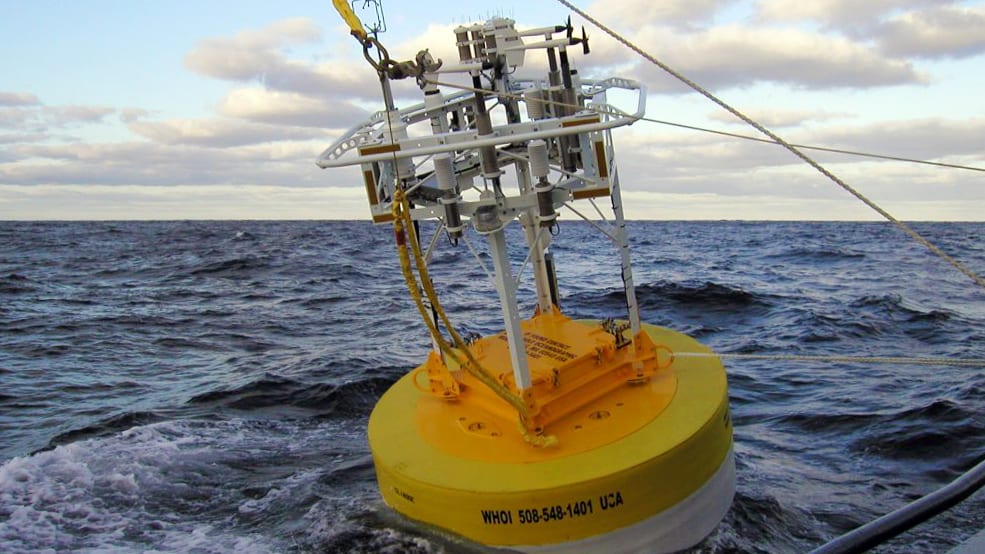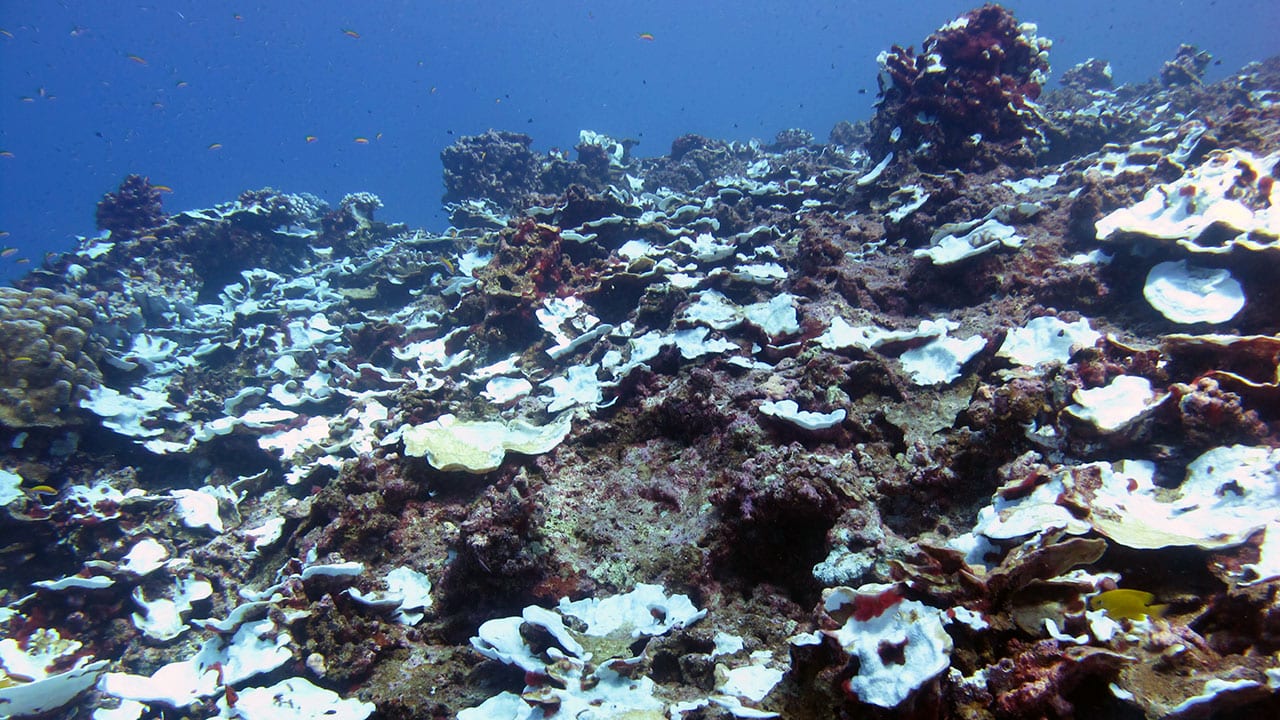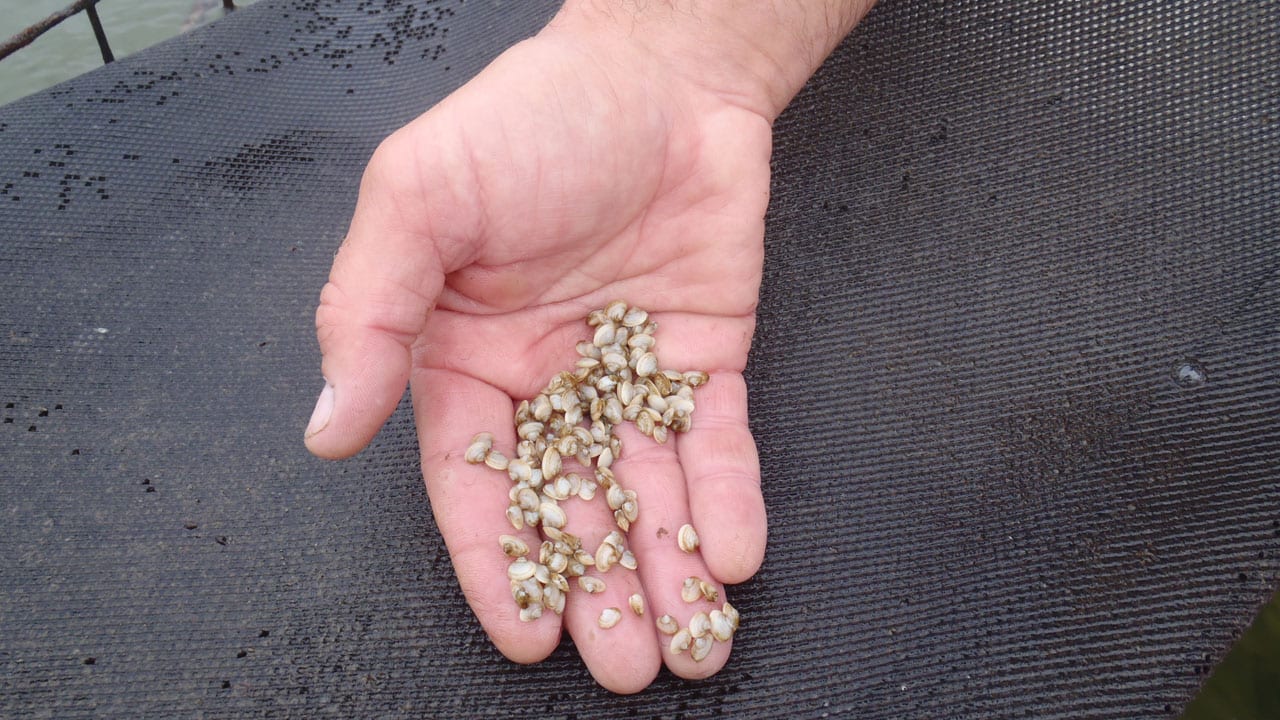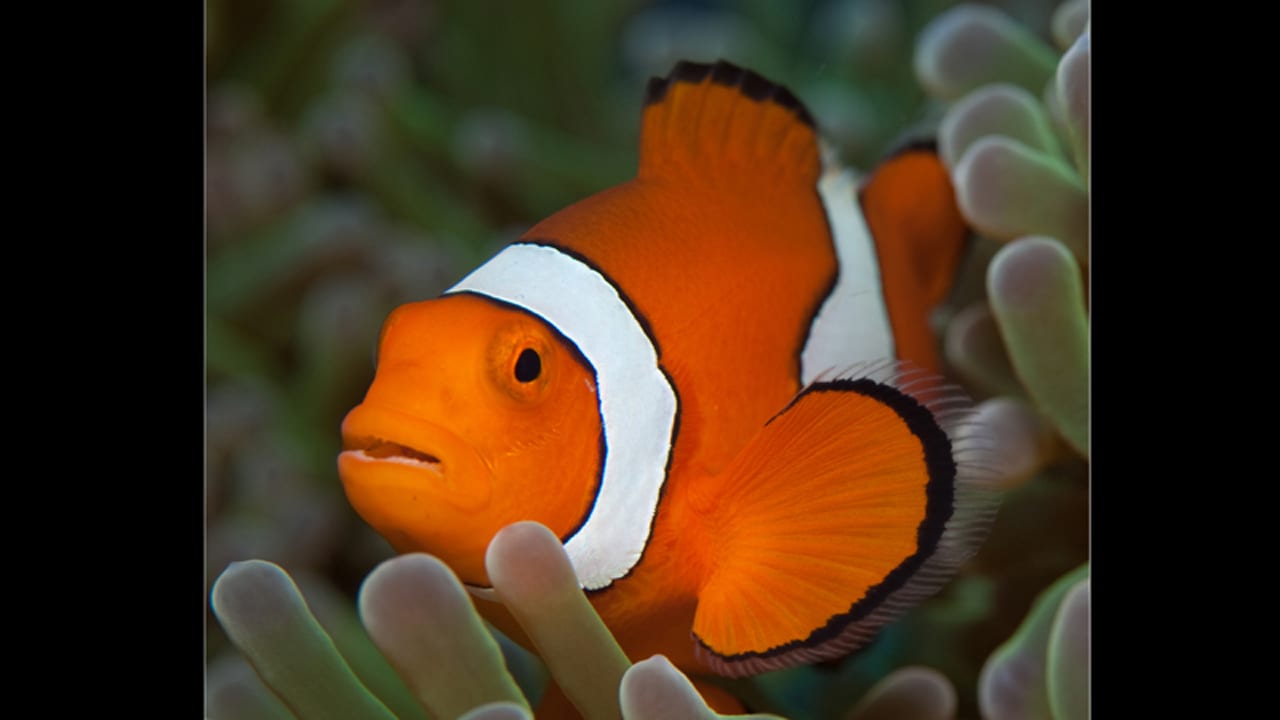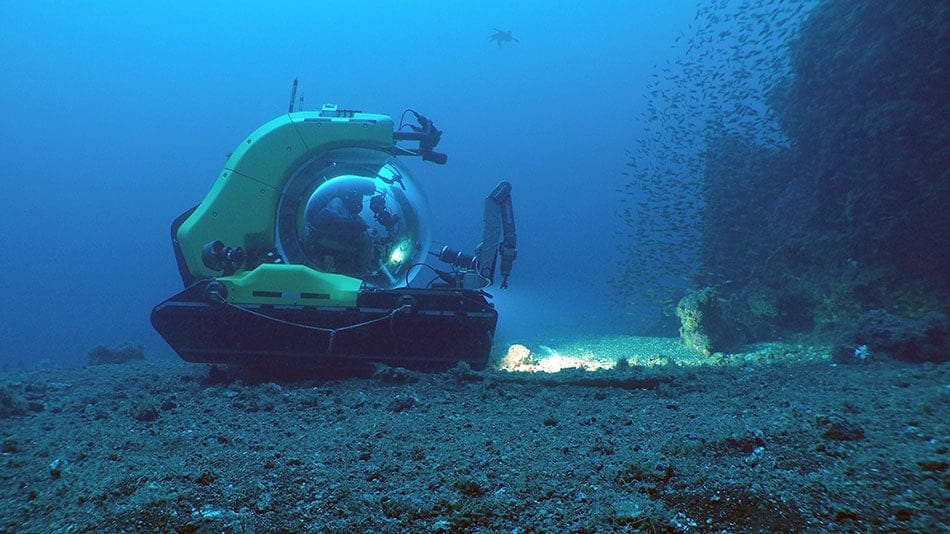News Releases
WHOI and Brazil-based NGO partner to save West Indian manatee
A new study shines light on the role of currents in marine mammal conservation
Read MoreCINAR Names Four New Fellows in Quantitative Fisheries and Ecosystems Science
The goal of the fellowship program is to engage early-career scientists in research that supports the training and education in the he assessment and management of living marine resources in the Northeast U.S.
Read MoreResilient Woods Hole Awarded Grant from Massachusetts Office of Coastal Zone Management
Resilient Woods Hole (RWH), a private/public collaboration to prepare the village and blue economy of Woods Hole for major climate impacts such as sea-level rise, coastal flooding, and shoreline loss, has been awarded a second grant from the Massachusetts Office of Coastal Zone Management to continue its work in implementing community climate resiliency solutions.
Read MoreDOE Funding will Support WHOI Research to Support Sustainable Development of Offshore Wind
Woods Hole, MA — The Woods Hole Oceanographic Institution (WHOI) has received $750,000 in funding from the U.S. Department of Energy (DOE) to develop next‐generation autonomous robotic technology for environmental…
Read MoreSome coral reefs are keeping pace with ocean warming
Some coral communities are becoming more heat tolerant as ocean temperatures rise, offering hope for corals in a changing climate. After a series of marine heatwaves hit the Phoenix Islands Protected Area (PIPA) in the central Pacific Ocean, a new study finds the impact of heat stress on the coral communities lessened over time.
Read MoreSurviving extreme heat
A team led by Anne Cohen, a scientist at Woods Hole Oceanographic Institution, received $1.75M in funding from the National Science Foundation (NSF) to study how coral reefs survive extreme heat events caused by climate change. The multidisciplinary project taps into expertise across four WHOI departments to uncover the oceanographic and biological processes that enable corals to survive marine heatwaves.
Read MoreWHOI and NOAA Fisheries Release New North Atlantic Right Whale Health Assessment Review
North Atlantic right whales are critically endangered and declining. Climate change, vessel strikes, entanglements and noise engender poor health and reproductive failure, and are major threats to individuals and the species. Trauma reduction measures and applying new tools to assess and enhance their health, are critically important.
Read MoreCINAR Fellows in Quantitative Fisheries and Ecosystems Science Announced
The Cooperative Institute for the North Atlantic Region (CINAR), led by the Woods Hole Oceanographic Institution, and the Northeast Fisheries Science Center are pleased to announce the appointment of five…
Read MoreFishing less could be a win for both lobstermen and endangered whales
A new study found that New England’s historic lobster fishery may turn a higher profit by operating with less gear in the water and a shorter season, which could also benefit endangered North Atlantic right whales.
Read MoreWHOI-engineered DISCO allows scientists to measure highly reactive superoxide on coral reefs
WHOI researchers successfully conceived and tested a portable device, DISCO, that performed the first in situ measurements of a highly reactive type of oxygen, known as superoxide, which may play an integral role in the health of coral reefs.
Read MoreNew Study Finds Distinct Microbes Living Next to Corals
WHOI scientists distinct discover microbes living just a few centimeters from the surface of corals near the southern coast of Cuba. The discovery may yield clues about the ecological functions of microbes, and how they find and infect coral colonies.
Read MoreNOAA Names Woods Hole Oceanographic Institution to Host Cooperative Institute
The National Oceanic and Atmospheric Administration (NOAA) selected Woods Hole Oceanographic Institution (WHOI) to host NOAA’s Cooperative Institute for the North Atlantic Region (CINAR). Cooperative Institutes are NOAA-supported, non-federal organizations…
Read MoreStudy Tracks Severe Bleaching Events on a Pacific Coral Reef Over Past Century
As climate change causes ocean temperatures to rise, coral reefs worldwide are experiencing mass bleaching events and die-offs. For many, this is their first encounter with extreme heat. However for some reefs in the central Pacific, heatwaves caused by El Nino are a way of life. Exactly how these reefs deal with repeated episodes of extreme heat has been unclear. A new study from the Woods Hole Oceanographic Institution (WHOI), has uncovered the history of bleaching on a reef in the epicenter of El Nino, revealing how some corals have been able to return after facing extreme conditions. The study was published October 26, 2018, in the journal Communications Biology.
Read MoreBay State Aquaculture Projects Get Green Light from National Sea Grant Program
Two new grants to the Woods Hole Sea Grant program totaling more than $650,000 are part of a national strategic investment in aquaculture and will support research aimed at expanding aquaculture production in Massachusetts.
Read MoreTravel Distances of Juvenile Fish Key to Better Conservation
WHOI scientists and their international colleagues conducted the largest, most comprehensive study of larval dispersal at coral reefs. Their findings have important implications for the sizing and spacing of marine reserves.
Read MoreGalapagos Expedition Reveals Unknown Seamounts, New Species
During a three-week expedition in August, an international team led by the Woods Hole Oceanographic Institution (WHOI), in partnership with the Charles Darwin Foundation for the Galápagos Islands and in close collaboration with the Galápagos National Park Directorate, conducted the first scientific expedition to map and characterize the seamounts on the Galápagos platform and the diverse marine life that these underwater mountains support.
Read MoreShifting Winds, Ocean Currents Doubled Endangered Galapagos Penguin Population
New research suggests shifts in wind currents over the past three decades, possibly due to climate change and natural variability, have nudged the Equatorial Undercurrent north. The changing current expanded the nutrient-rich, cold water farther north along the coasts of the two islands, likely bolstering algae and fish numbers in the cold pool. This allowed the penguin population to double over the past 30 years, swelling to more than 1,000 birds by 2014, according to the new study.
Read MoreChris Land Joins WHOI as General Counsel and VP for Legal Affairs
The Woods Hole Oceanographic Institution (WHOI) has appointed Christopher Land to be its General Counsel and Vice President for Legal Affairs. Land assumes his post on March 3. As…
Read MoreCoral Reefs in Palau Surprisingly Resistant to Naturally Acidified Waters
Ocean researchers working on the coral reefs of Palau in 2011 and 2012 made two unexpected discoveries that could provide insight into corals’ resistance and resilience to ocean acidification and to aid in the creation of a plan to protect them.
Read More
